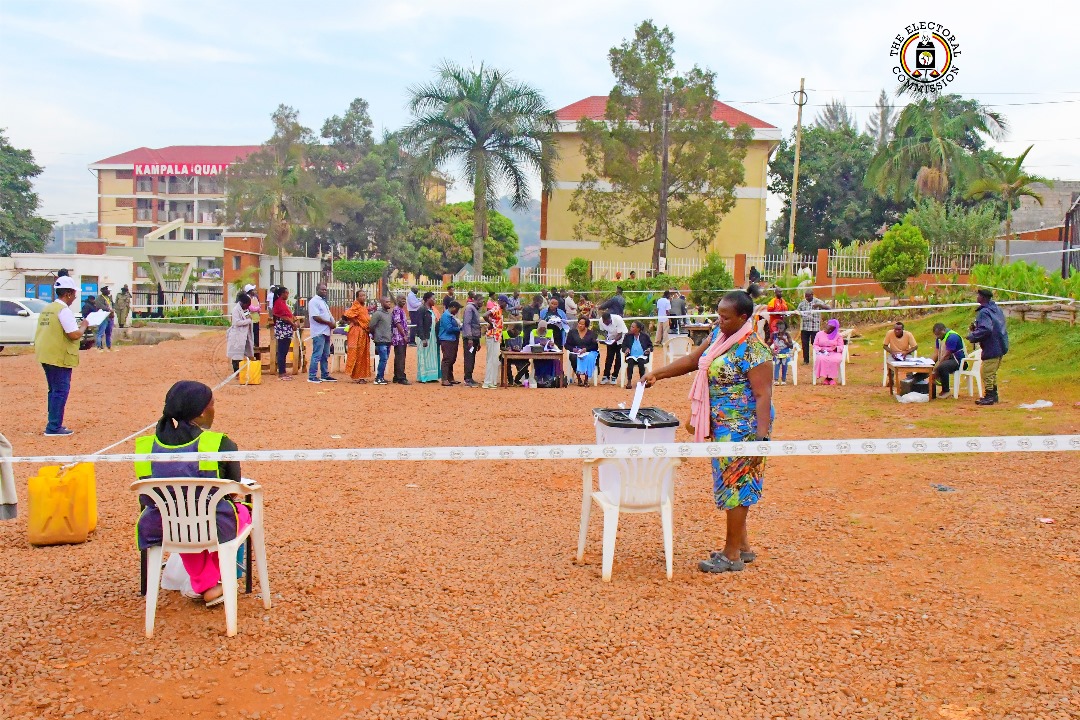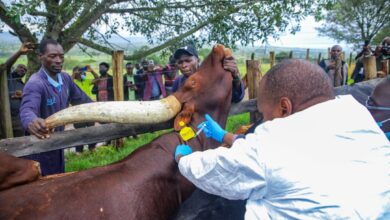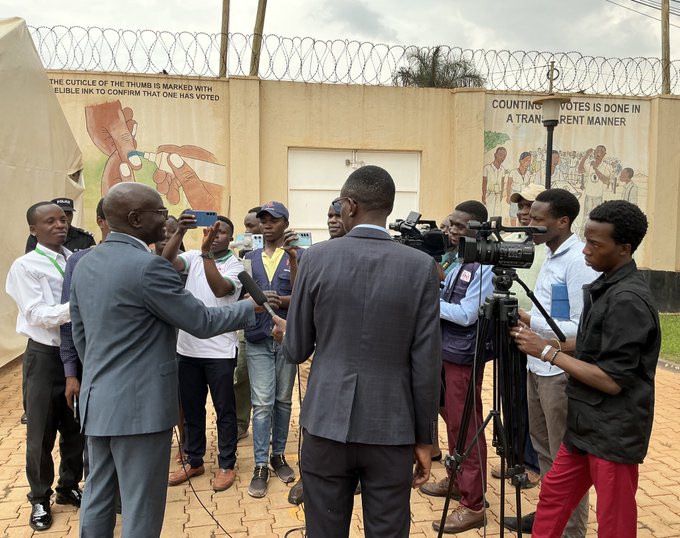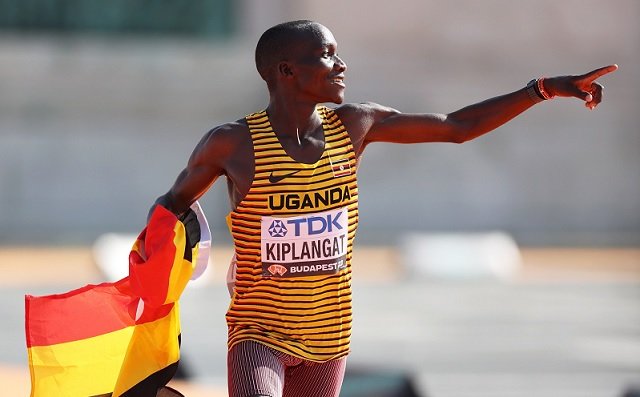Kampala’s first time voters speak out ahead of the 2026 general elections
Yet not every new voter is filled with hope. In Wandegeya, Aisha Ssemambo, 21, runs a busy roadside salon. With music playing in the background and hair dryers humming, she shrugs when asked if she expects anything different after the elections.

With the 2026 general elections fast approaching, Kampala’s youth are not just watching—they’re stepping into the ring. Among the wave of fresh voters are three determined young Ugandans, each with a different story, but one shared belief: this is their time.
Peace Namaganda, 19, a social work student at Makerere University, is casting her first ballot with fire in her chest and a vision in her head.
“I’m voting because I’m tired of talking change—I want to be the change,” she says, flipping through voter education leaflets under the campus shade. “We can’t keep trending hashtags while others decide our future. This time, I’m showing up.”
Nearby is Samuel Kintu, a 20-year-old student who also operates as a boda boda rider after his classes. He feels the streets more than the speeches.
“We dodge potholes daily, risk our lives, and no leader seems to care,” he says. “But this vote? It’s my protest on paper. I’m not loyal to parties. I’m loyal to the truth.”
Yet not every new voter is filled with hope. In Wandegeya, Aisha Ssemambo, 21, runs a busy roadside salon. With music playing in the background and hair dryers humming, she shrugs when asked if she expects anything different after the elections.
“Honestly? I don’t believe much will change,” Aisha says, braiding a customer’s hair with quick fingers. “Politicians come with sugar-coated promises and disappear after winning. But I’ll still vote. It’s like paying rent—you may not love the house, but you still have to live in it.”
That quiet skepticism reflects a broader reality: while many first-time voters are energized, others carry the weight of broken promises. Still, they’re turning out in large numbers. The Electoral Commission projects over 1.8 million new voters in 2026, the majority under 25.
“This is not just a statistic—it’s a storm brewing,” says political analyst Rita Kabanda. “Young voters in Kampala could change the entire narrative if they vote with unity and purpose.”
In a city where the youth have often been dismissed as “politically passive,” this shift is seismic. “I’m done being silent,” Peace says. “One vote won’t fix everything. But no vote fixes nothing.”
Speaking about Uganda’s electoral democracy on the ‘Hard Questions Show’ hosted by celebrated journalist Solomon Serwanjja, Charity Ahimbisibwe the Executive Director Electoral Laws Institute, gives her views on this.
“Uganda’s electoral democracy keeps regressing and not progressing. Uganda’s electoral democracy is supposed to progress not regress.” She said. Ahimbisibwe believes that elections are supposed to be held to test how good the system has been developed that can outleave a period of time.
As earlier highlighted by Aisha Ssemambo who doesn’t see any change after the elections, Ahimbisibwe reflects on this saying that unless Uganda gets an incumbent handing over power peacefully to opposition, the status quo will remain the same.
“There’s no confidence in the electoral system to produce a different president, let’s first leave the members of Parliament. There’s confidence in the electoral system to produce a different set of LC 5 chairpersons, there’s confidence in the electoral system to produce a different set of LC 3s’, there’s confidence to produce a different crop of MPs, but there’s no confidence in Uganda’s system to produce a different president,” she explains.
As a pronounced election observer, Ahimbisibwe clarifies that this status quo can only be changed by the voters themselves since democracy is a struggle that can’t be handed over on a silver plate.
And with that, Kampala’s newest voters are not waiting for permission. They are printing out hope, doubt, protest—and possibility—on their very first ballots.







